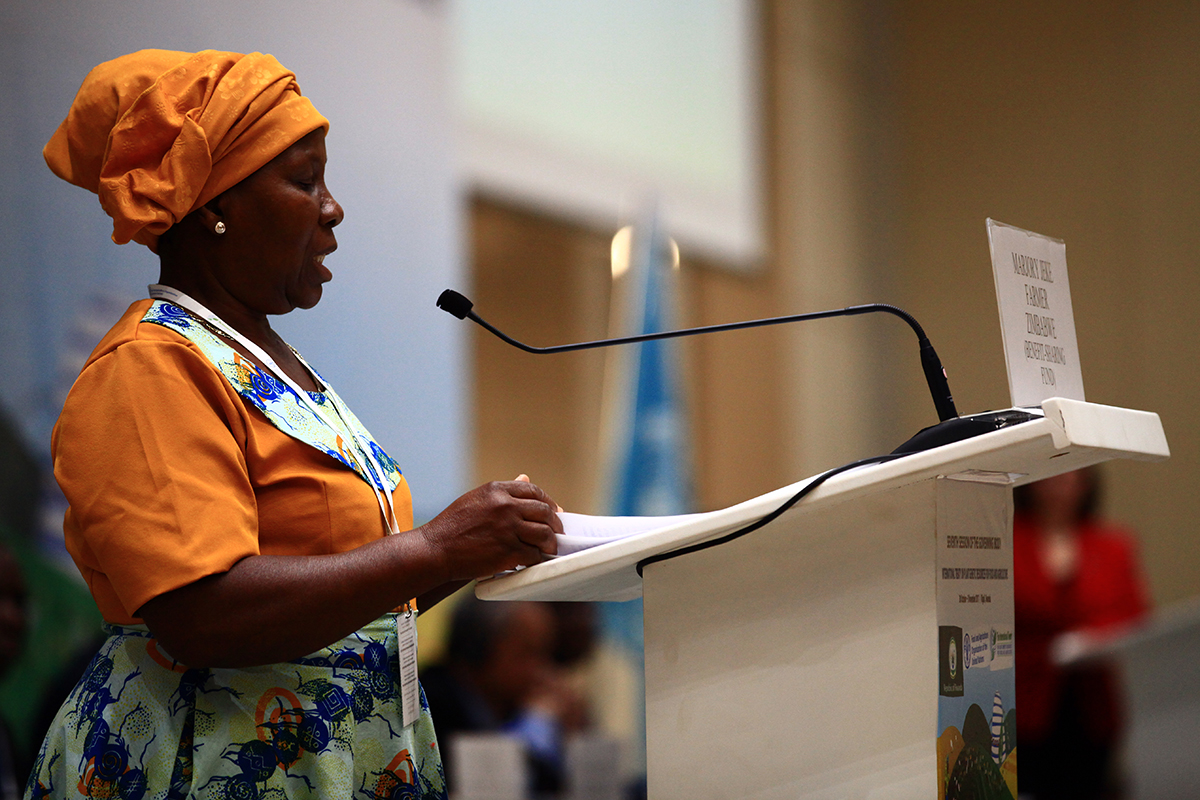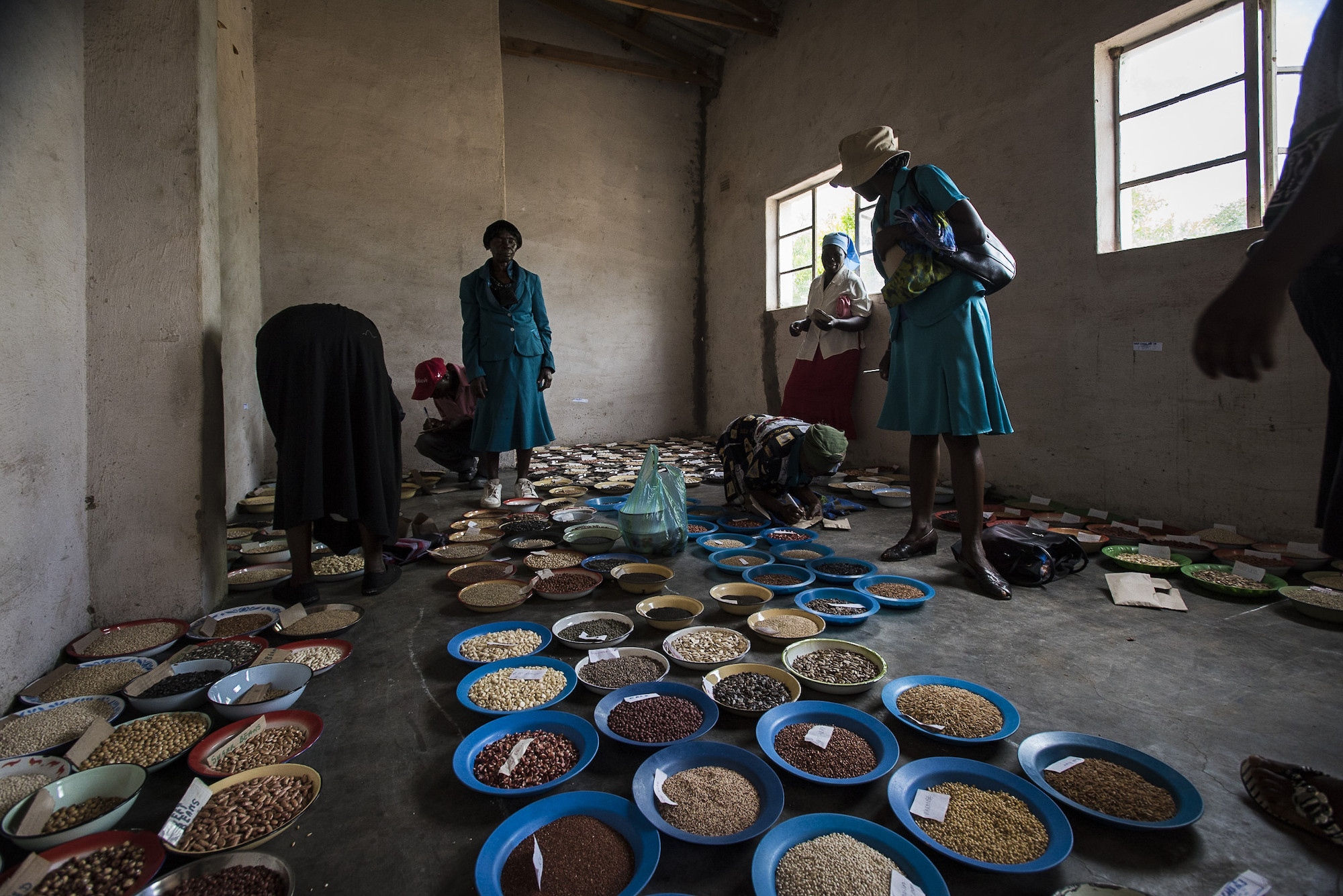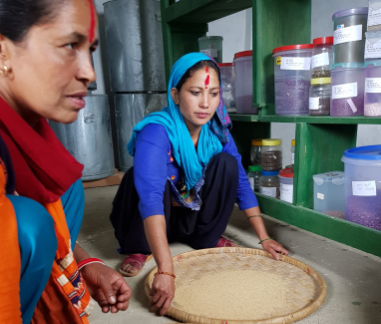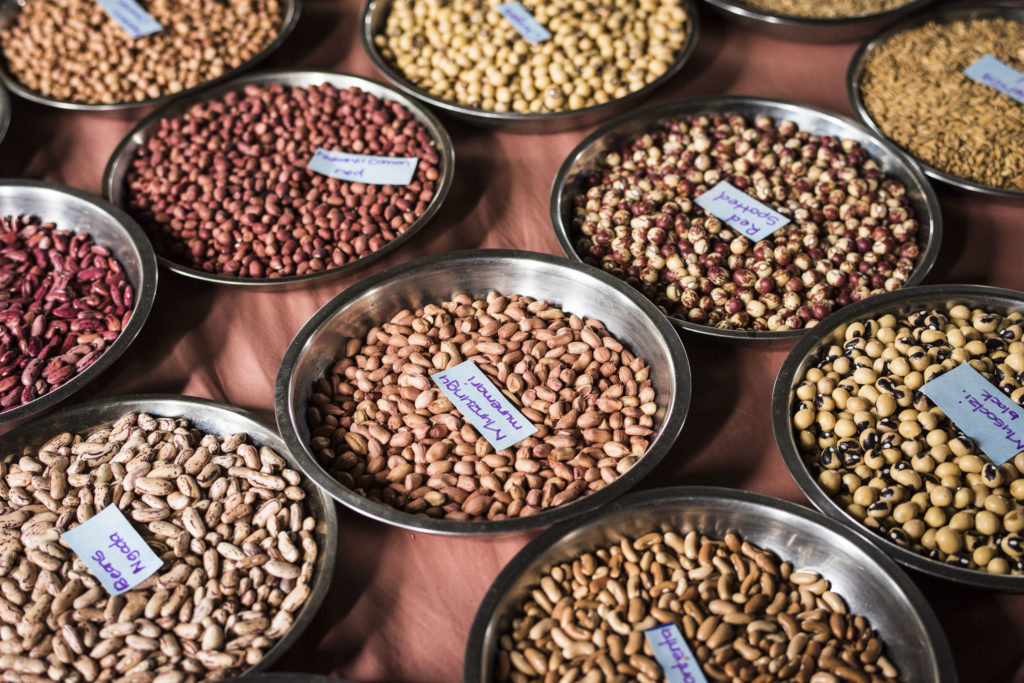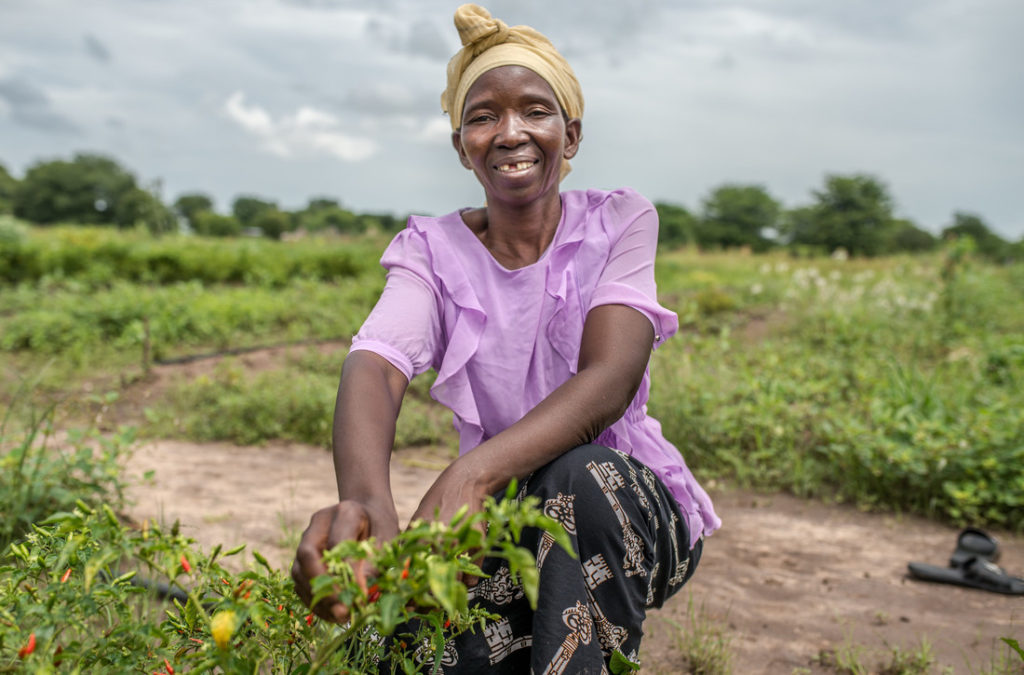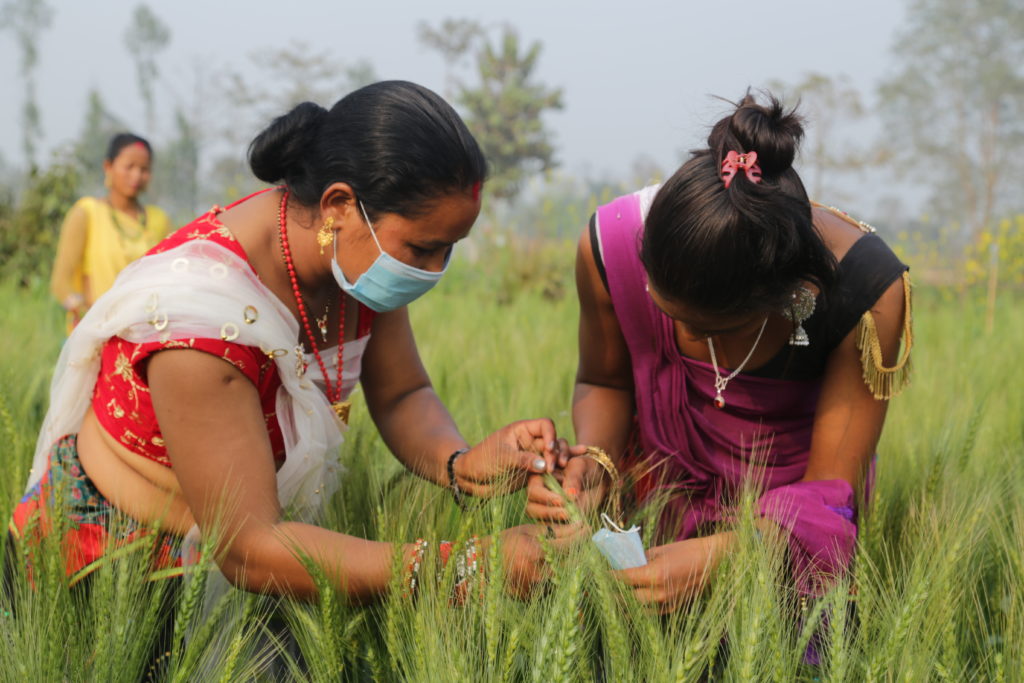Policies, laws and regulations regarding seeds, biodiversity or nutrition, seldomly recognize the needs and realities of smallholder farmers. This results in huge unrealized potential for smallholder farmers to produce more diverse, high-quality seeds that are adapted to local conditions and can contribute to improved livelihoods, climate resilience and food and nutrition security.
Farmers’ seed systems, on-farm diversity and farmers’ rights
SD=HS works on creating an enabling policy and institutional environment for farmers’ seed systems, on-farm diversity, and the implementation of Farmers’ Rights. SD=HS is unique in the practical way it implements key elements of the International Treaty on Plant Genetic Resources for Food and Agriculture (2001) and the United Nations Declaration of the Rights of Peasants and Other People Working in Rural Areas (2018). We do so in close alliance with farmers, civil society organizations, public and private institutions, and national and international governmental organizations. The program helps farmers to analyze the consequences of existing national laws for their activities; develop proposals to improve these laws; and engage in promoting policy reforms that effectively implement Farmers’ Rights and support farmers’ seed systems.
New insights and policy demands to support smallholder farmers
The work of SD=HS inevitably leads to new insights and policy demands on farmers’ access to plant genetic resources, farmers’ possibilities to market seed of their own varieties, or farmers’ participation in decision-making processes. The program informs policy makers on the position of farmers and the importance of farmers’ seed systems and on-farm diversity for increased food and nutrition security and climate change adaptation. By aggregating diverse experiences and evidence from marginalized local and indigenous communities in diverse countries, the program aims to have a direct impact on the local-to-global governance of plant genetic resources for food and agriculture. This evidence-based, bottom-up approach to national and global policy engagement is a key component for scaling up and mainstreaming our work in strengthening farmers’ seeds systems.
Our impact
- Oxfam, together with other stakeholders, has developed a flowchart to clarify and secure that smallholder farmers can exchange and trade farm-saved seed of a protected variety under the UPOV 1991 Convention, with the flowchart being endorsed by the European and global seed industry and being considered by UPOV member countries.
- The program is piloting the registration of farmer varieties in six program countries, in collaboration with farmers and government officials, in order to recognize the work of farmer-breeders and to improve the accessibility of a larger diversity of locally-adapted varieties.
- We work towards policy coherence on both global and national levels. For example, in Nepal a multi-stakeholder expert group is created to support the drafting of a national strategy promoting the conservation and sustainable use of agrobiodiversity linked to nutrition and climate resilience policy and action”

